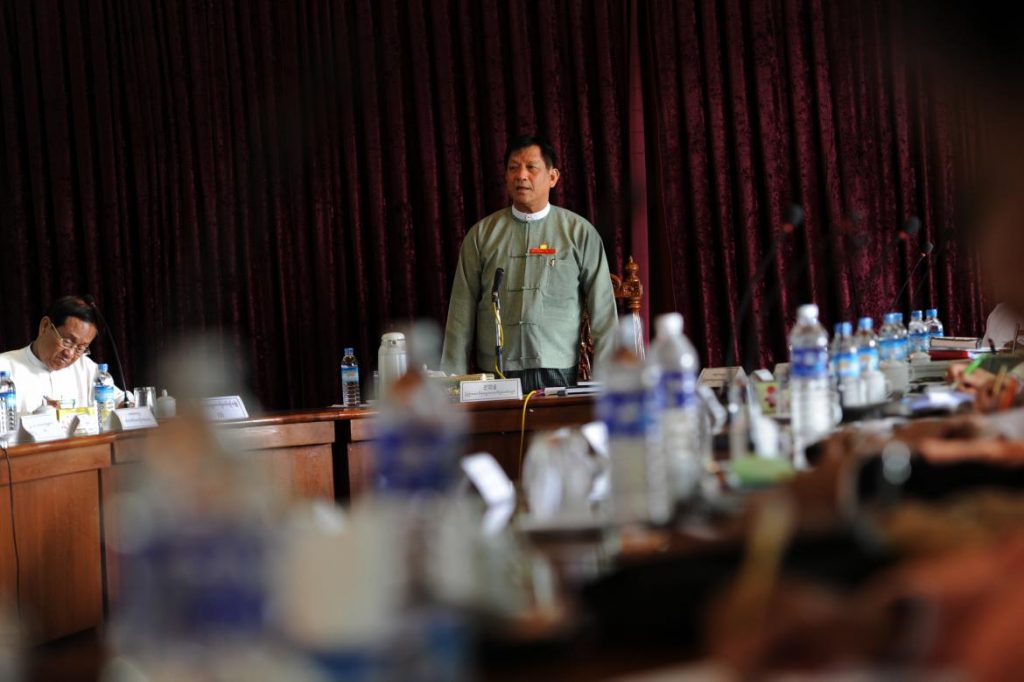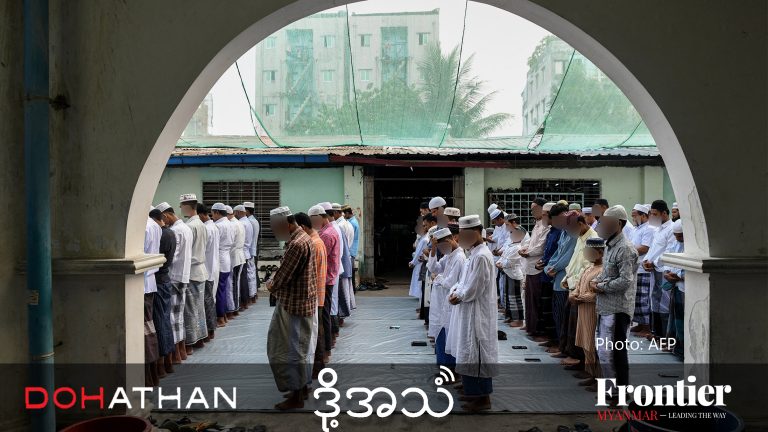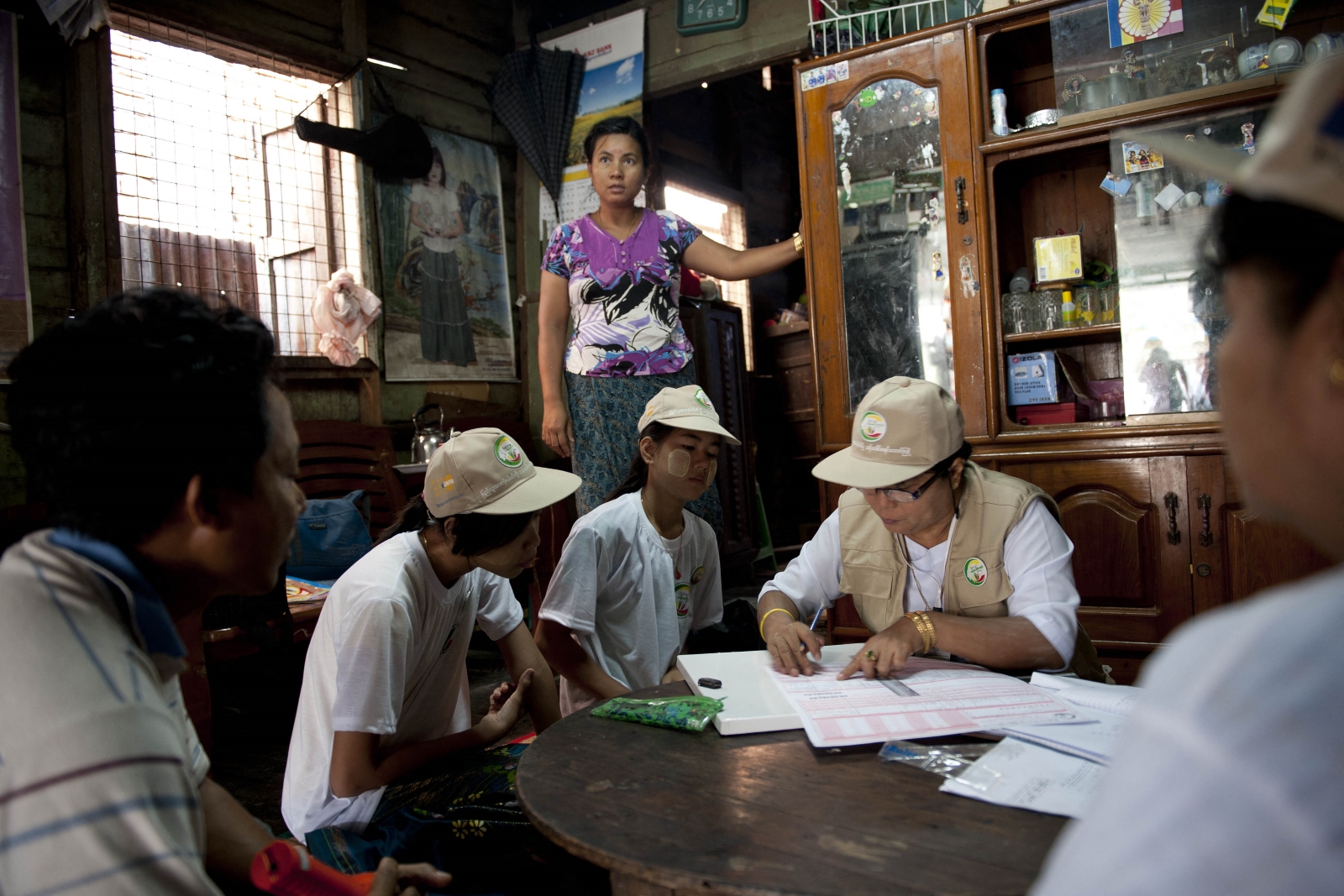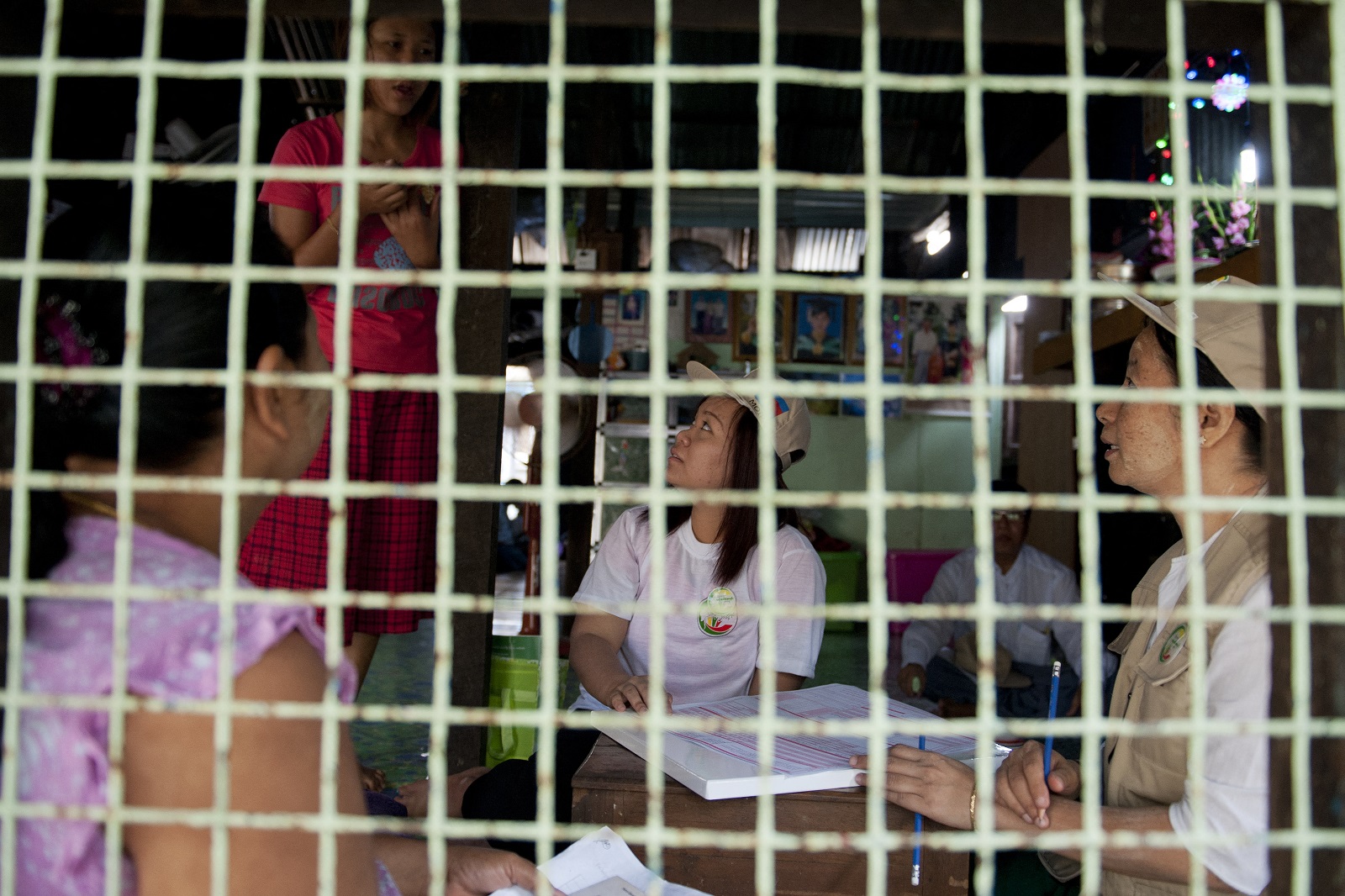In an about-face on September 21, the Union Election Commission told 11 Muslims that their appeals against its decision to disqualify them as candidates had been successful, allowing them to contest the election. The 11 were among 124 candidates, most of them Muslims, who had been disqualified.
The decision came after pressure on the UEC had been mounting for some time. In a joint statement issued last month, nine embassies, including those of the United states, United Kingdom, France and Japan, expressed concern about the prospect of “religion being used as a tool of division and conflict during the campaign season”.
The move by the UEC, an institution headed by former general U Tin Aye, was lauded by Western diplomats, although the gesture seems minimal in relation to the 113 candidates that are still barred from running.
Abu Taher, who is the chairman of the Union Nationals and Development Party, registered as an independent candidate. He had intended to contest the seat of Buthidaung Township in Rakhine State, but his candidacy was rejected on the grounds that his parents were not citizens when he was born. “Which is untrue, my parents and grandparents were born in Myanmar and were full citizens,” said Abu Taher. “Of the 11 candidates whose appeals were honoured, only one of them is Rohingya. the rest are from other communities.”
Prominent activist lawyer U Robert Sann Aung believes the reversal does not undo the decision to disqualify 113 candidates and is a sign of an unsavoury alliance between the ruling party and nationalist monks.
Support more independent journalism like this. Sign up to be a Frontier member.
“the barring of Muslim candidates was a demand from Ma Ba tha. This is going to be a dangerous election for the people and for foreign observers, because the USDP has teamed up with Ma Ba Tha and 969. I expect them to instigate many troubles, there will be incidents before the elections, mostly in rural areas,” U Robert Sann Aung said.
Are the intentions of the UEC pure?
U Robert Sann Aung doesn’t think so. “I don’t think the Union Election Commission is fair. This a very dirty commission. I never believe what they say. In my opinion they are under the military boot,” he said.
Abu Taher has a more nuanced view on the matter. “Most of the candidates who are now allowed to run are on the ballot in Yangon Region,” he said. “They will compete against NLD candidates. To make the NLD fail, that is their strategy. the UEC knows that in, for example, Buthidaung, 85 percent of people are Rohingya. If these people were allowed to vote, they would vote for the Rohingya candidate.”
“So I am not trusting their intentions,” he added. “they are not acting according to the law.”
That the issue is sensitive was proved by a phone call to political analyst Dr Yan Myo Thein. Normally keen to offer an opinion on any matter, be it for Myanmar or English publications, he said he doesn’t “want to comment on this issue”.
MP U Win Oo, who holds Yephyu Township in Tanintharyi Region for the USDP, isn’t as perturbed by the Muslim issue as some of his colleagues. “I don’t know what the UEC is doing now,” he said. “I think it is fine that we have ethnic and Muslim candidates in the elections. Last time the USDP had two Muslim candidates; they were barred from taking part this time around.”
U Win Oo is contesting the same constituency on November 8. He is confident about his chances of retaining his seat, even though he has to battle it out with an NLD opponent. “I believe I am quite qualified compared to my opponents. So I certainly believe I can win.”







